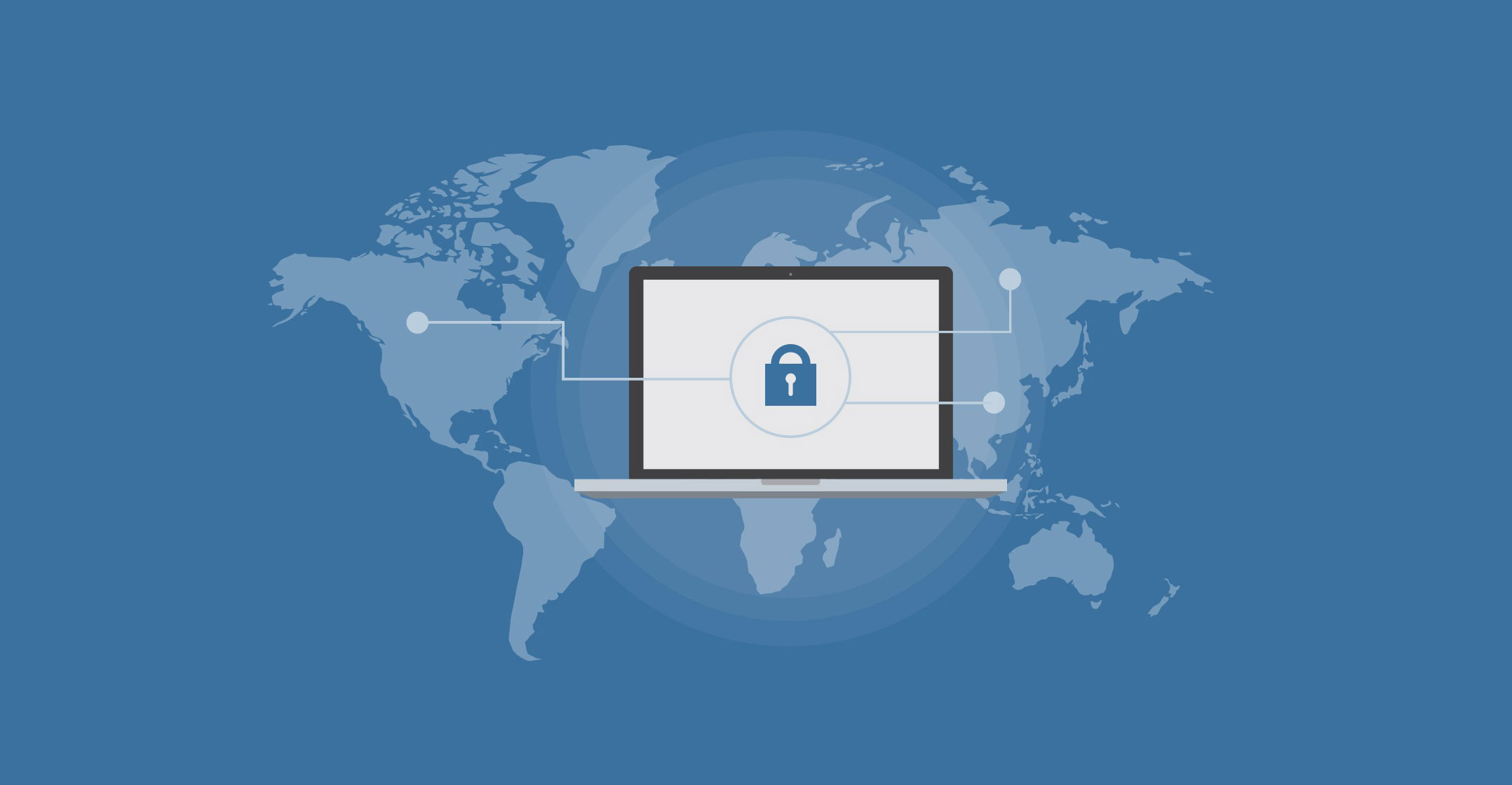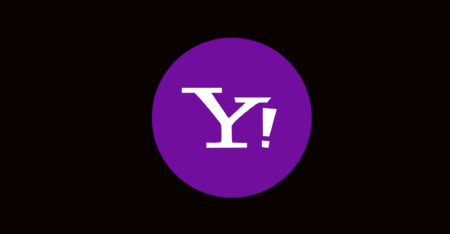
Yahoo, the Internet company acquired by Verizon Communications this year, now believes a 2013 security breach exposed all three billion of its users at the time.
The assessment, based on new intelligence obtained after the US$4.5bn acquisition, compares to Yahoo’s initial estimate that one billion accounts were compromised. The information stolen didn’t include passwords in clear text, payment data or bank accounts. Yahoo is notifying users.
Verizon, which is combining Yahoo with its AOL business to attract more Internet advertising, had negotiated a $350m price cut on the deal after Yahoo disclosed the 2013 breach and a subsequent hack in 2014.
Verizon and Altaba, the former owner of the Yahoo Internet assets Verizon acquired, agreed earlier this year to split evenly the liability costs of consumer and business lawsuits related to the breach. Altaba also has to cover any shareholder liability costs.
While the attacks exposed user accounts and threatened Yahoo’s trust with consumers, most users have already moved on, said Jan Dawson, an analyst at Jackdaw Capital.
“Certainly this makes the hack look worse than Verizon and the rest of us thought, but I don’t know that that materially changes the valuation of Yahoo as a company or the ongoing cost of dealing with the hack,” Dawson said.
Verizon, based in New York, and Altaba, based in Sunnyvale, California, were little changed in late trading.
Yahoo has said it wasn’t able to identify who was responsible for the 2013 breach, though the US government has accused Russia of directing the 2014 hack. The 2013 intrusion was discovered by Andrew Komarov, chief intelligence officer for InfoArmor, who had been tracking a prolific Eastern European hacker group that he spotted offering a billion Yahoo accounts for $300 000 in a private sale.
By watching the group’s communications, he was able to determine that it sold the database three times. Two buyers were large spamming groups. The third buyer provided a list of 10 names of US and foreign government officials and business executives to verify that their logins were part of the database, Komarov said. The unusual request, Komarov said, indicated that the buyer might be linked to a foreign intelligence agency. — Reported by Scott Moritz, (c) 2017 Bloomberg LP




